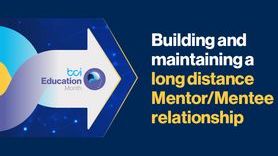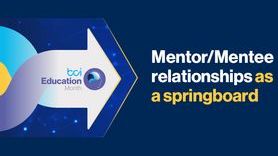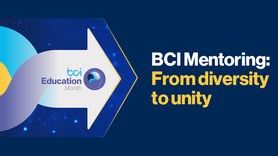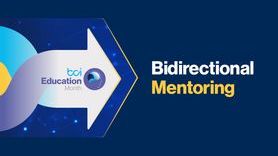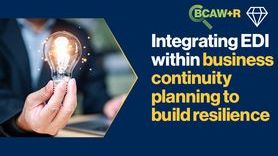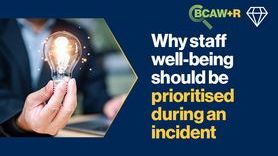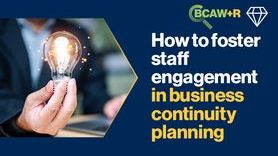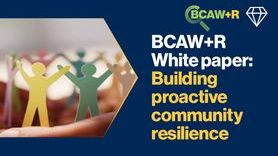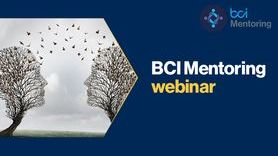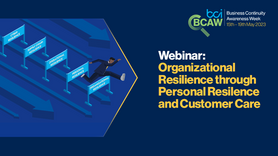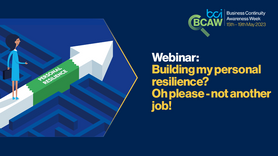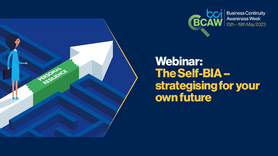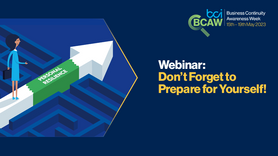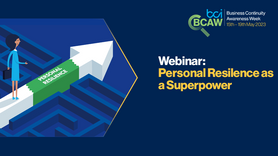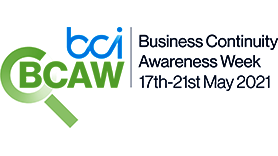A BCI Women in Resilience article: ‘My top 10 advice to women joining the workforce’ - by Margaret J. Millett, HonFBCI
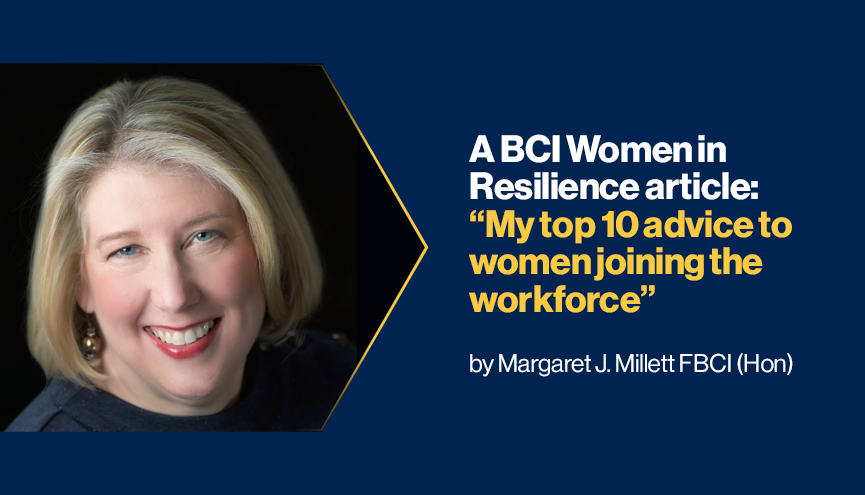
May is here. This month, I think of Mother’s Day in the United States as well as college/university graduations.
I am grateful that my mother, Joan Millett, was a strong role model for me and my siblings Daniel and Catherine. She was the first person in our family to graduate from college. She earned a bachelor’s degree in nursing from St. Joseph College in West Hartford, CT, and a master’s degree in maternity nursing from Columbia University in New York, NY. She was a founding faculty member of the Springfield Technical Community College Nursing Program.
I saw her struggle to get promoted to full Professor with tenure. In the end, she achieved it; however, during her career, she did not have the network and resources available to women globally today.
If I had to put myself in her Nursing shoes, I think she might provide the guidance below to her graduating female and male students.
1. Have confidence.
I encourage women to step up and be confident in their work because we work just as hard as our male colleagues and can handle the same challenges they can. Women we need to stop questioning our abilities because we are all capable of the work if we would just have the confidence to know that we are.
2. Time Management
Time is finite. Once it is gone you cannot get it back. Once a deadline is missed there is no turning back. If you miss an assignment, you risk a lower grade. In the working world, it may mean losing a job project and the company may incur financial losses.
3. Be Present
Being present means two things to me. Firstly, it means to be on time. This ranges from an internal meeting to meeting deadlines. Great opportunities present themselves when you are present. Secondly, being present means focusing on the work that needs to be completed and being mindful and fully aware of your surroundings.
4. Take the time to create and practice your introduction: name, title, and what you do.
You do not have another chance for a second impression and presenting a strong, confident introduction sets the tone from the beginning.
5. Learning is an Ongoing Event
Make sure you apply the words of wisdom throughout your career, not just when you are a little green behind the ears. Pay special attention to the new trends and developments within your industry, as well as seize on every opportunity to attend training sessions that apply to your job. As they say, change is a constant in life. The key for you is to remain ahead of the changing curve.
6. Advocate for you
Nobody else will do it for you in the same way. Create your own agenda: know what you are and what you want for your career and advocate for it. Ask for and take advantage of opportunities.
7. Engage with people through a professional & positive attitude
Even as a new employee, you still represent your company everywhere you go. First impressions count. Make sure you carry yourself professionally and with a positive attitude, this will help you engage with your colleagues, peers, and even your boss.
8. Join Employee Networks
Building a strong network is pivotal to career advancement. Engage in employee networks offered by your company or start one yourself with management support. Employee networks can offer many benefits including mentoring, networking, skill development, and access to business leaders. They provide resources to help participants grow in their careers.
9. You Will Make Mistakes…
So, learn from them. The key is to learn from your mistakes and use the lessons for future work-related projects. You will be given a lot of slack early on, which means you have an informal grace period when you should get most of your professional mistakes out of the way.
10. Find a Sponsor, not a Mentor
In time, find a sponsor to speak on your behalf in high-level, closed-door meetings. Many people know the benefit of partnering with a sponsor – someone who goes beyond traditional mentorship to help build a junior employee’s skills, advocate for them when opportunities arise, and open doors.
Finally, remember the timeless adage, "Patience is a virtue." You will need patience to thrive in your new professional environment, from understanding the co-workers to learning of a new decision-making process. The average career spans around 40 years. You have plenty of time to get where you want, as well as determine how far you want to go.





